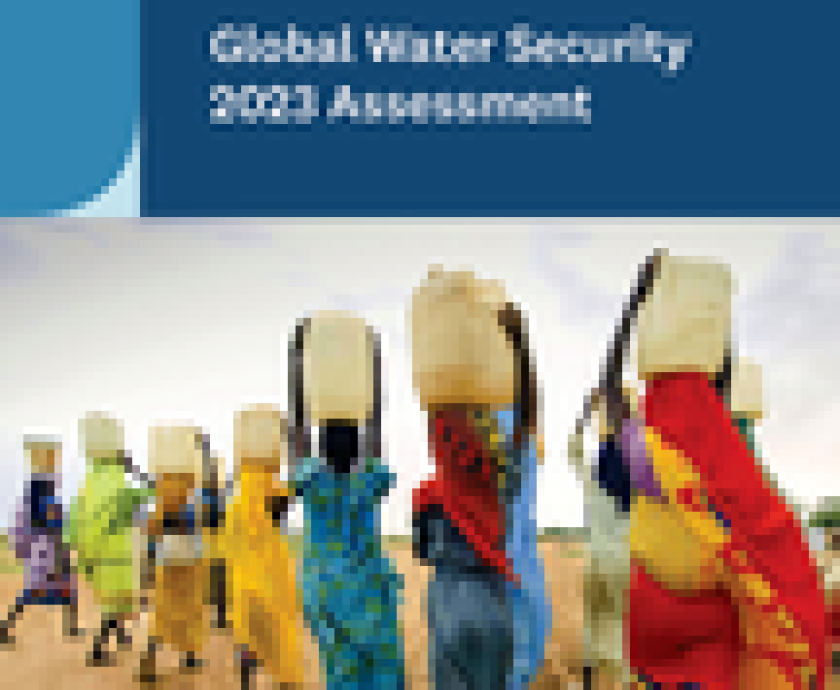Mourners carry coffins of protesters killed in the September 19 and 20 demonstrations during a ceremony organized by the opposition Union for Democracy and Social Progress (UDPS), Kinshasa, Democratic Republic of Congo, November 1, 2016.
© 2016 Reuters
Three years ago, Congolese security forces shot dead at least 66 protesters, rocking Kinshasa, the capital of the Democratic Republic of the Congo. Three years later, nothing has been done to hold senior officials responsible to account.
The protests, which took place from September 19 to 21, 2016, were against the national electoral commission’s failure to announce presidential elections. The delay was part of a long, concerted effort by then-President Joseph Kabila to stay in office past the two-term constitutional limit.
During the protests, people were burned to death when the Republican Guard presidential security detail attacked opposition party headquarters. Security forces took away the bodies of many victims; some were thrown into the Congo River and later found washed up on its shores.
One protester told Human Rights Watch that he saw soldiers shooting at a group of peaceful protesters outside of their truck: “When they drove by a group of young men gathered together, they started shooting. ‘You shot him in the neck, but he isn’t dead,’ one of the soldiers said. ‘Shoot again,’ the other said.”
Some protesters in Kinshasa turned violent, beating or burning to death at least four police officers and one bystander. They also burned and looted police stations, public buildings, and private property. Human Rights Watch found police officers and youth league members – whom ruling party officials and security force officers had mobilized – were also involved in the violence and looting.
Several officers told Human Rights Watch that Gen. Gabriel Amisi and Gen. Ilunga Kampete gave orders to the security force units on the ground. The officers also said that Col. Ferdinand Ilunga Luyolo, commander of the National Intervention Legion of the Congolese Police (LENI), gave orders to Republican Guard troops who were deployed during the crackdown. Evariste Boshab, the interior and security minister at the time, was officially responsible for the security services. None of these senior officials have been brought to justice.
“My son … was shot dead at close range in the chest by a Congolese soldier [on September 20, 2016],” the father of Jiresse, who was 31-year-old, told us today. “I will never forget that. The perpetrators of this unjust act must be punished, and the state must compensate us.”
President Felix Tshisekedi and his new government should stand by the victims and help ensure long-overdue justice.



